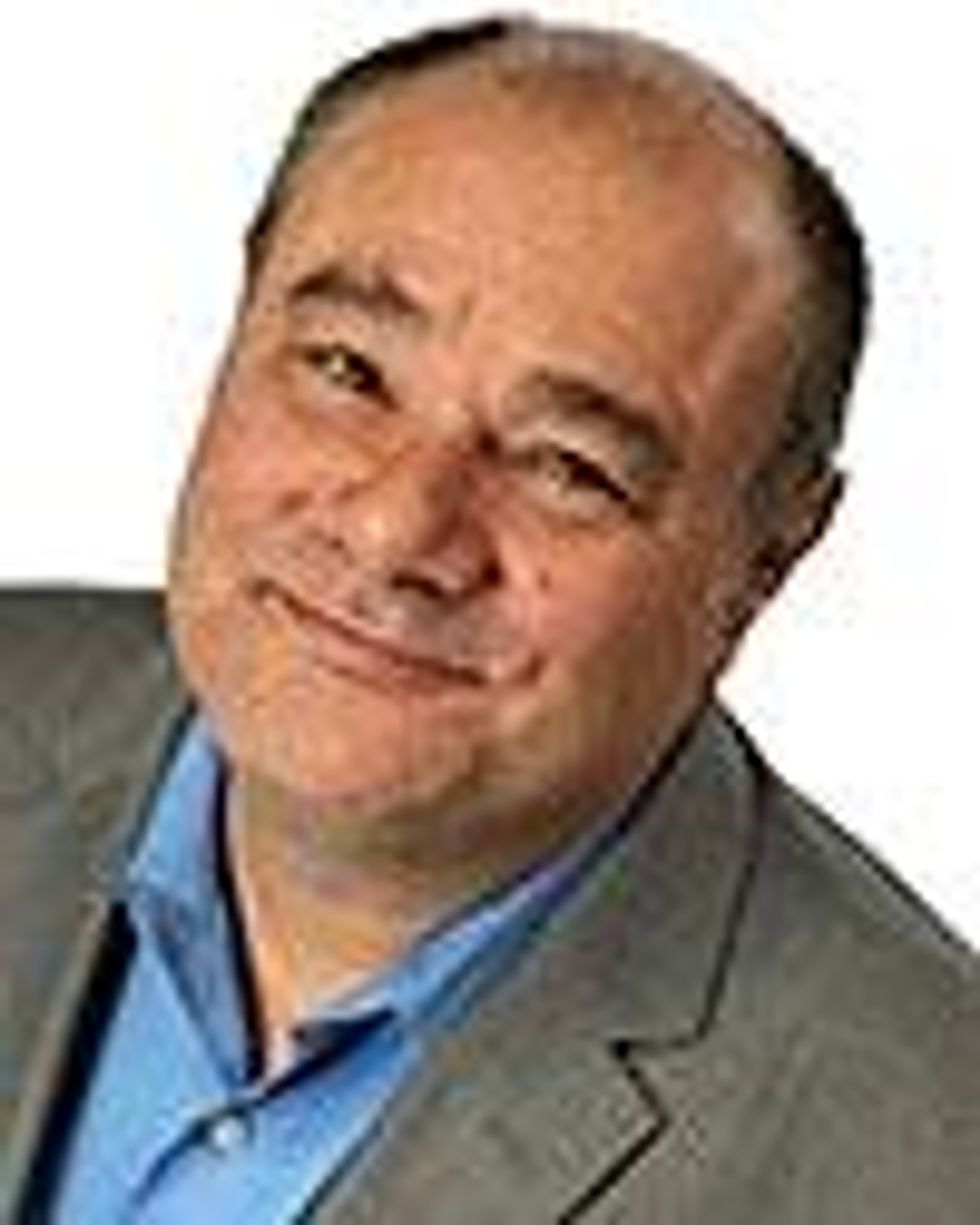It's been amusing and angering watching the debate and suggestion of a boycott over the forthcoming film Stonewall. The reality is that nearly all the people on both sides have one thing in common: They weren't there. And they are speaking for those who were there, acting as if we are not alive and cannot speak for ourselves. This shows a lack of understanding of our own shared LGBT history.
I was the founder of Gay Youth New York, and I was also a member of the Action Group started by Marty Robinson. We were the ones who wrote "Tomorrow Night Stonewall" in chalk on the walls and the street that infamous night. That, along with other factors in New York at the time, led to the formation of Gay Liberation Front, while Sylvia Rivera and Marsha P. Johnson formed Street Transvestite Action Revolutionaries, the first trans organization in America; Stonewall's perceived lack of acknowledgment of Rivera's and Johnson's contributions seems to be the central reasoning for a boycott of the film.
Michael Lavery and I are the last two members of the Action Group. There are also six original members of Gay Youth New York. Then there are my brothers and sisters in Gay Liberation Front who participated in the riot or, as others in our group labeled it, rebellion. We are all able to speak to the truth or lack thereof of the actions and activism in the film, but as yet you have not heard our voices.
Those of us involved at Stonewall, Gay Youth New York, or those first stormy three years of radical activism of Gay Liberation Front and then Gay Activists Alliance -- which this film portrays -- still debate what actually occurred. We all have our own perspectives. Until he died earlier this year, my close GLF friend Jerry Hoose and I debated it even as we cried on a Skype call moments after President Obama's now- famous inauguration speech where he mentioned Selma, Seneca Falls, and Stonewall. Those of us in GLF continue to debate what exactly happened, and David Carter ,who wrote one of the most researched books on it, has had to debate his account.
Here's the simple fact, so simple that it amazes me it has not been made crystal clear and not a point of debate: Once Stonewall was raided and the crowd became angry and it looked as though something might happen, only drag queens, homeless kids, people like me who thought they had no future, and a few activists stuck around. At that time, if you were employed or privileged in any way, you were in the closet -- and didn't want any trouble. So you high-tailed it out of there back to the anonymity of your home.
Marty, of the Action Group, saw the rebellion as an opportunity to galvanize folks; the drag queens and street kids were fighting for their home, and, as for people like me, it made us realize the power of our community and provided a sense of pride that led me to GLF and to create Gay Youth NY. So that is our history, and it's better that you know it regardless of if you want to boycott the film or not.
There was another fundamental at play here, and it was a social, economic, and political one. Gay Liberation Front was the first in-your-face LGBT organization, and in 1969 that meant that we were not conformist, and many people stood clear of us and wanted our history to die, especially that history of drag queens and street kids. We were not the image the conformist community wanted. It would take AIDS to get privileged gay white men into activism in large numbers.
As for us in Gay Liberation Front, we created the first youth and trans organizations, the first health alerts, the first LGBT community center, and at the end of that first year, many of us worked with Craig Rodwell to create the first Gay Pride march, then called the Christopher Street Liberation Day March.
How radical were we? Harvey Milk was living in New York City at the time and he stayed clear of us. So we in GLF -- youth, trans, people of all political spectrums -- had a bond. We debated everything, including our identity, which meant a clear discussion of racism and sexism. The only exception was our mutual goal of creating a community. Which means that, even though at times our debate resulted in shouting matches, we still had a special bond.
I understand the people calling for a boycott. They understand that after the demise of GLF and later GAA, trans people were minimized in our community, and they are concerned the film will repeat that. It is possible, but I don't believe that anyone who does the simplest amount of research would change that part of our history.
I've been a publisher chronicling our community for 40 years now and am wondering how you can boycott something you haven't seen and that is a fictional movie based on a true story. If you want to know the facts rather than fiction, read David Carter's book Stonewall or any number of LGBT history books. That's where the truth is, not in your local multiplex.
 MARK SEGAL is publisher of Philadelphia Gay News and an award-winning commentator in LGBT media.
MARK SEGAL is publisher of Philadelphia Gay News and an award-winning commentator in LGBT media.


 MARK SEGAL is publisher of
MARK SEGAL is publisher of 

































































Charlie Kirk DID say stoning gay people was the 'perfect law' — and these other heinous quotes